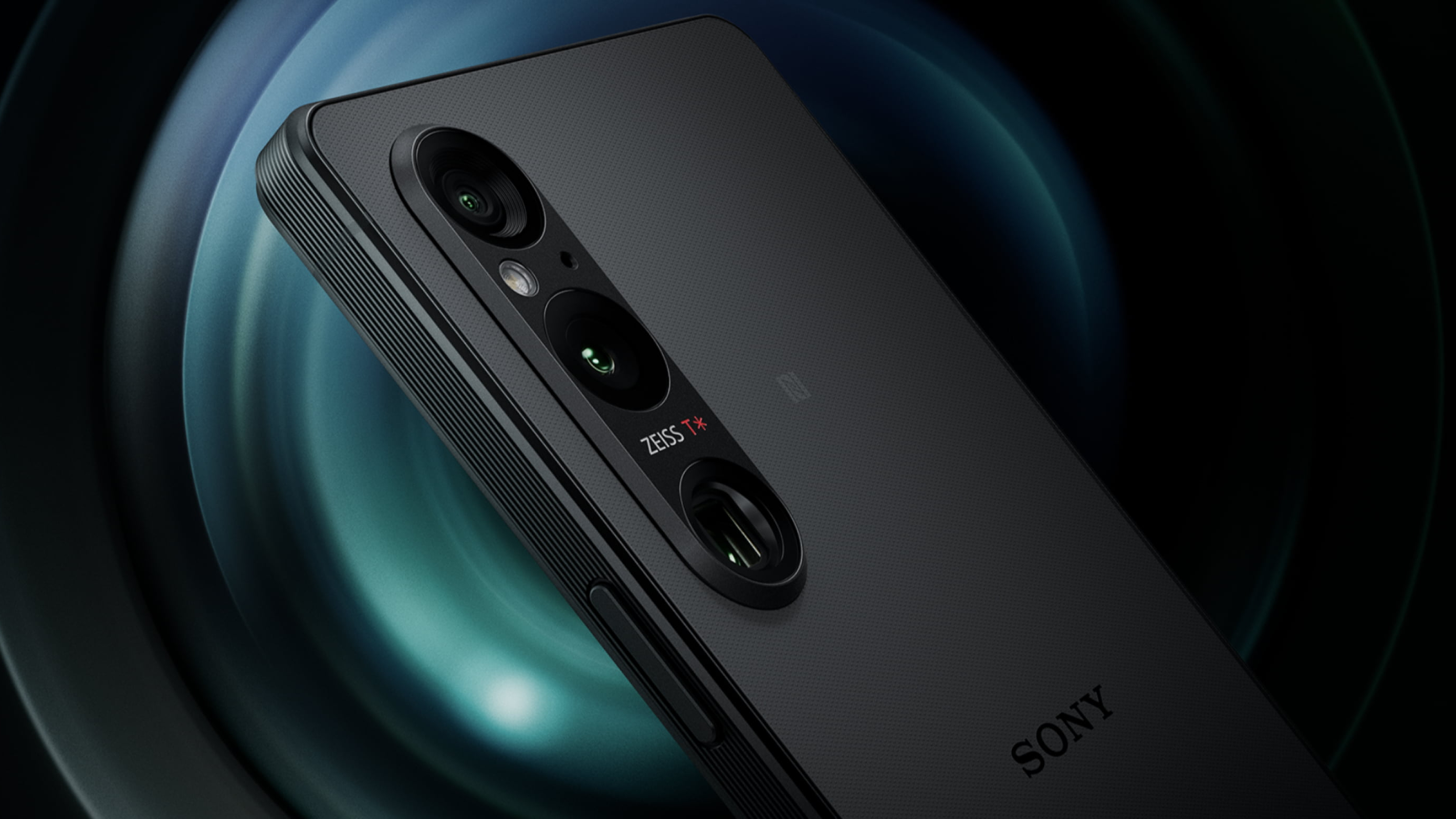
What you need to know
- Sony, alongside the Associated Press, has completed its second round of testing for a new in-camera authenticity marker for photos.
- Both sides aim to reduce the guesswork behind a photo's legitimacy for photos with a signature that will show AI played no role in its capture.
- Sony will look to roll this out in Spring 2024 with its next wave of premium cameras, however, it's not clear if there are plans to bring this to its flagship phones.
Sony is looking to get ahead of AI's advancements in photography by bringing in better authenticity in crucial moments.
According to a press release, Sony has completed its second round of testing for its in-camera authenticity technology in conjunction with the Associated Press. This new software is said to stamp a photo with a "machine-based digital signature, removing the opportunity for undetected manipulation at the start."
Ideally, this is to be used for reporters or journalists who want to cover their bases and toss away any unwanted doubt about the legitimacy of their photo. The post adds Sony partnered with Camera Bits to help with its capture authentication and workflow process. Moreover, this partnership between Sony, the AP, and Camera Bits brought notable software to the latter's Photo Mechanic tool.
This new digital signature is said to be preserved throughout its metadata editing process.
David Ake, AP director of photography stated, "Fake and manipulated images are a major concern for news organizations. Not only do they contribute to mis- and disinformation but ultimately, they erode the public's trust in factual, accurate imagery."
Ake added the AP is "proud" to be working alongside Sony to combat this problem. Sony's new in-camera authenticity software and C2PA authentication is staring at a Spring 2024 rollout with its next wave of premium cameras like the Alpha III, Alpha 1, and Alpha 75 III.
The company hasn't made it clear if it plans to bring this in-camera authenticity to its flagship Xperia phones in the future. Like many flagship devices, Sony will likely sport the Snapdragon 8 Gen 3, which is packed with AI advancements for imagery and videos.
During its launch, Qualcomm stated the chip would provide Android devices with "photo expansion," a feature that lets users tap generative AI to "intelligently" fill out a picture. The SD 8 Gen 3 also contains the company's "Video Object Eraser" tool that can remove an entire person from a video.
With so many ways AI can influence and change a photo, some concrete evidence that a photo is legitimate may bring relief to the "impact of altered or manipulated imagery in journalism," as hoped by Neal Manowitz, president and COO of Sony Electronics.







